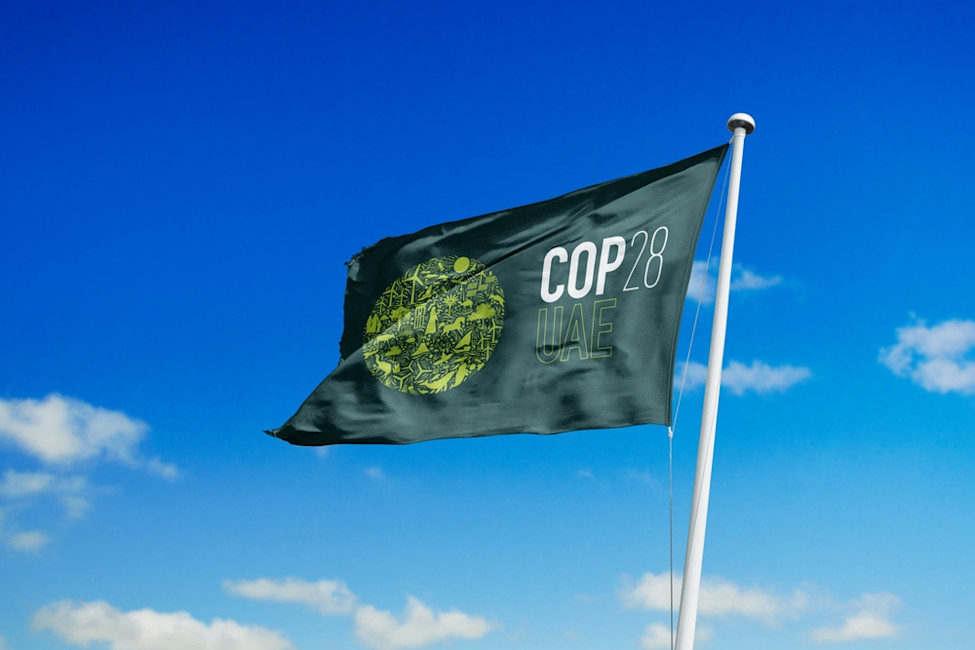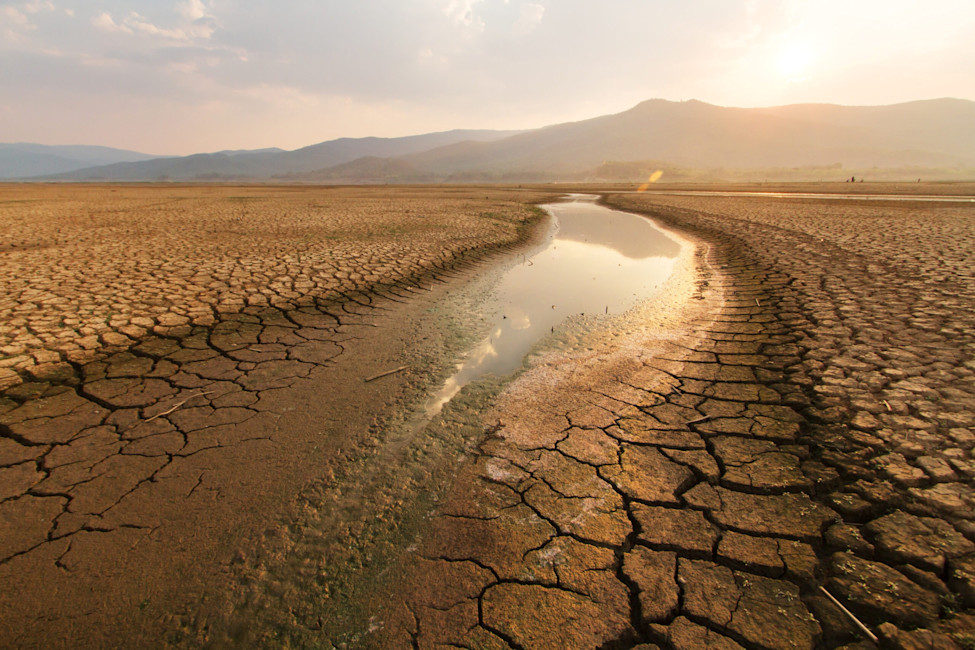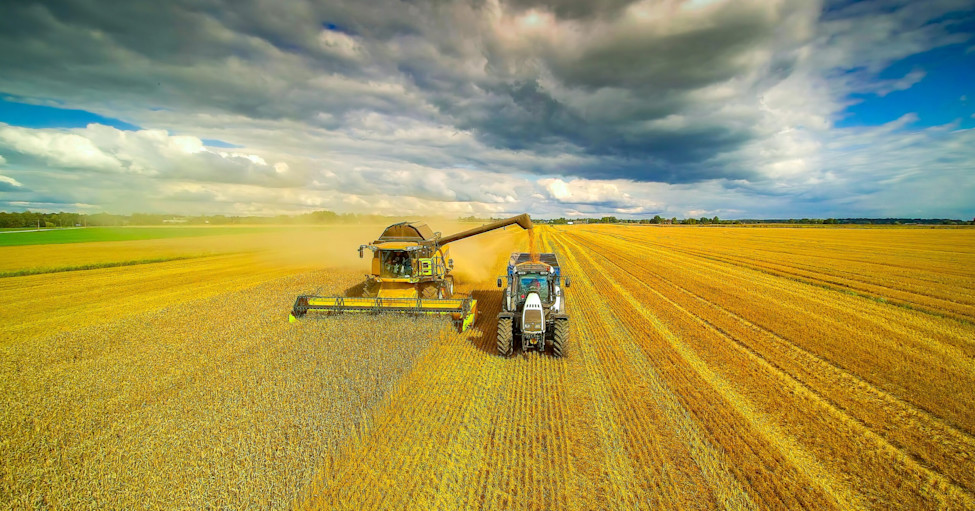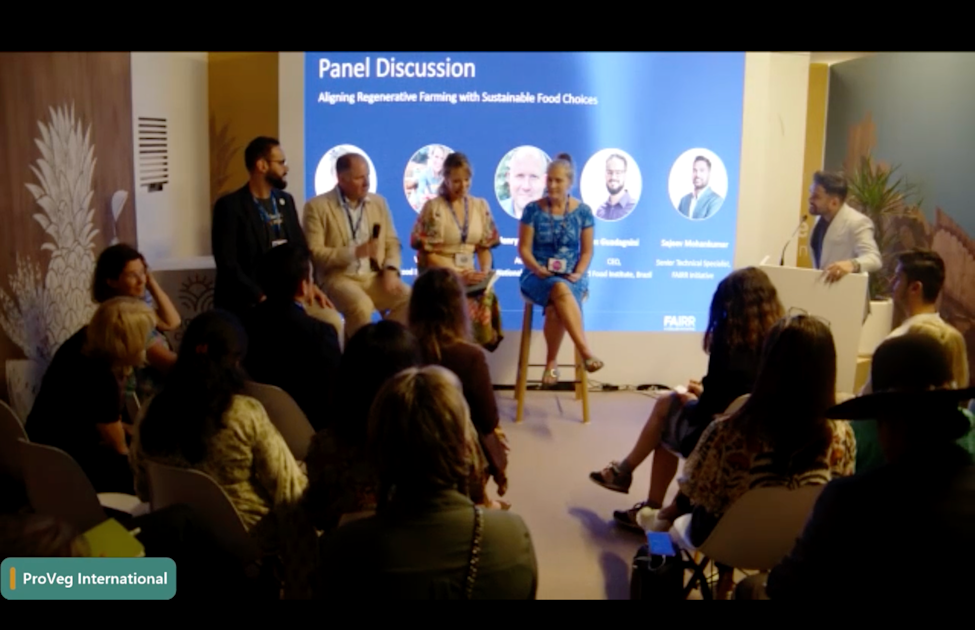
FAIRR at COP28
FAIRR at COP28
This year’s annual UN Climate Change Conference (COP28) will be held in Dubai from 30 Nov – 12 Dec 2023. While there is some debate regarding the effectiveness of the conference, it remains the world’s biggest collective effort to tackle the impacts of climate change and achieve net zero emissions across the economy in line with Paris Agreement targets.
Last year saw the first ever Agriculture Day hosted by the COP Presidency and ended with Food and Agriculture featured in the final COP27 cover text. In a further sign of the growing importance of the agrifood sector in the COP negotiations, COP28 will feature a dedicated Food Day, when several significant announcements are expected.

Why COP28 matters for the agrifood sector
Currently, the impact of intensive animal agriculture is underrepresented in existing climate change engagement efforts despite its critical role in the global transition to Net Zero by 2050. This is despite research revealing that even if fossil fuel emissions were stopped, emissions from the global food system alone could raise global temperatures by more than 1.5°C.
As FAIRR highlighted in our $18 trillion investor letter, there is a need for a clearer pathway to 1.5 degrees. Stronger action on food and land use systems can keep the 1.5 goal within sight, because it is the only sector with the capacity to sequester emissions, i.e. through afforestation or agroforestry, and is therefore vital to the net zero goal.
Many countries are still failing to establish comprehensive strategies and targets for the agriculture sector within their NDCs. COP28 is the chance to scale up action on climate change, as well as being the forum for the first-ever global stocktake scheduled to conclude at the UN Climate Change Conference (COP28). There are a range of expected outcomes related to agriculture and food systems, outlined below.

What FAIRR expects to see at COP28
FAIRR is prioritising the need for bold action at COP28 to address the material financial risks posed by intensive agriculture’s significant contribution to climate change. In the run up to COP, FAIRR-led investor statements have included a $18 trillion investor letter calling for a clearer roadmap for the global food system to reach climate goals, as well as our COP26 statement calling for better integration of agriculture into the Nationally Determined Contributions (NDCs) by countries making commitments as part of the COP process.

Roadmap for Agri-Food Systems
In a $18 trillion FAIRR-led investor letter – backed by Ban Ki Moon, Mary Robinson, Christiana Figueres, and the Net-Zero Asset Owners Alliance – FAIRR’s investor members called for a clearer roadmap to align with the Paris Agreement’s goal of limiting global warming to 1.5˚C while ensuring the protection and restoration of nature, and achieving food and nutrition security goals.
In November 2022, the UN FAO publicly committed at COP27 to produce an agri-food systems roadmap by COP28, to meet the 1.5 degree climate change goal whilst ensuring food security. It is expected that the roadmap will be a significant milestone once announced, akin to the IEA Net Zero roadmap for energy systems.
This is significant as agriculture accounts for about 40% of human-generated methane emissions – a major contributor to climate change – yet only 18% of major meat and dairy firms track even partial methane emissions. It is hoped that this roadmap will include clear science-based milestones on important areas such as methane emissions, biodiversity protection, and healthy and sustainable diets.
Food Systems Declaration
With food and agriculture on the agenda at COP28, it is welcome to hear that a Food Systems Declaration will be launched by the COP28 Presidency. Governments will be asked to sign a Food Systems Declaration, including the integration of agri-food emissions into nationally determined contributions (NDCs) and other national plans.
FAIRR welcomes this initiative and has called for such a move since COP26 when it led an investor statement backed by investors with $12 trillion calling for better integration of agriculture into NDCs.
At COP28, we will understand how many countries have committed to the food systems declaration, and this will provide more clarity for investors who have signed the statement calling for better integration of agricultural emissions into NDCs.
First-ever Global Stocktake
The United Nations describes the global stocktake as “a process for countries to see where they’re collectively making progress towards meeting the Paris Agreement climate goals – and where they’re not”. This year will be the first ever stocktake, after which the processes will take place every five years.
It was noted in the recent synthesis report of the UNFCCC Technical Dialogue that measures such as “shifting to sustainable healthy diets, reducing food loss and waste, and intensifying sustainable agriculture” can help reduce emissions and address deforestation.
It will be interesting to see at COP28, whether important measures such as aligning agricultural subsidies – an area highlighted by FAIRR investors representing $7 trillion in combined AUM – will be included in the remit of the global stocktake.
Negotiations on Food and Agriculture
As FAIRR outlined last year, a new four-year mandate was agreed upon for the Sharm El-Sheikh Joint Work on Implementation of Climate Action on Agriculture and Food Security, as a follow-up to agricultural negotiations that were previously known as the Koronivia Joint Work on Agriculture. These negotiations are relevant for investors as they set the scope for increased support for public agricultural investment. It will be interesting to see whether there has been real progress on these negotiations at COP28.
Increased Actions from Investors at COP
FAIRR expects to see increased action from institutional investors attending COP28 with a stronger focus on implementation rather than new commitments. Such actions will revolve around many collaboration areas to align the sustainable finance agenda to the COP negotiations and will likely include the below topics:
Policy Engagement
Increased financing for solutions at the nexus of climate and nature
Promotion of best practices to manage climate risks in the food sector
A stronger focus on the Just Transition principles to unite climate and nature plans to social goals
How FAIRR is involved in COP28
FAIRR’s investor network of over 350+ investors, representing more than $70 trillion assets under management, will bring an investors’ ESG lens regarding the material financial risks related to intensive animal agriculture to the discussions at COP28. FAIRR convenes and drives conversations between investors and other stakeholders, including policy makers and governments, on setting ambitious action on food and agriculture, in line with 1.5 degree warming goals agreed upon in the Paris Agreement.
For more information on the events FAIRR will be hosting and participating in, please see our COP28 event page.

Watch the Event Recordings
Climate-Finance-Food Nexus: Navigating the Climate Risks and Opportunities
At this FAIRR-hosted event, we navigate the intricate interplay of global climate change, financial systems, and food production. The event was designed to provide critical insights into the livestock industry and its critical role in meeting our climate goals. During the event, the FAIRR Initiative's Climate Risk Tool was demonstrated by Simi Thambi PhD, Climate Economist. The presentation was followed by a panel of leading industry experts who share their perspectives on opportunities that can be leveraged to amplify the role of this sector in meeting global climate and nature ambitions.

Unlocking the agri-food system transformation: Aligning regenerative farming with sustainable food choices
Watch as we explore how the agri-food system can capitalise on solutions across the agri-food value chain to unlock sectoral transformation. Discover how to build a sustainable food system that harmonises climate, nature, and societal goals through regenerative farming and protein diversification.
Unlocking the agri-food system transformation will require multiple solutions and no single silver bullet: from embracing regenerative and agroecological production to diversifying our consumption to low-impact food products and alternative proteins. During this session, Sajeev Mohankumar, PhD, Senior Technical Specialist, Climate and Biodiversity at FAIRR, moderates a panel discussion on how different movements and groups can work together to capitalise on the opportunities of regenerative agriculture and protein diversification through shared policy goals and partnerships across the agri-food value chain.
